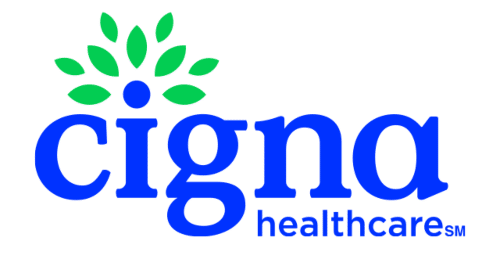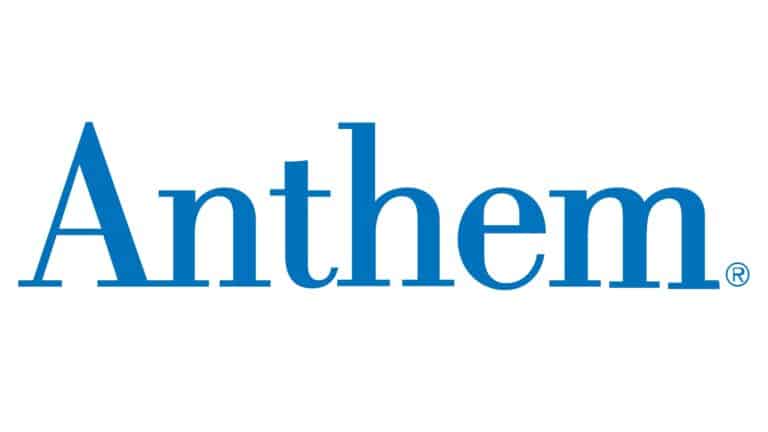IOP Program Orange County
Costa Mesa Intensive Outpatient Program
Our Intensive Outpatient Program in Orange County (IOP Program) offers the same comprehensive services as our residential addiction treatment program, except clients are free to live outside of the center in a personal residence or our sober living homes in Huntington Beach. In short, this level of care allows patients more flexibility to attend to school, work, and take care of family responsibilities.
Many Intensive Outpatient clients have completed a detox and inpatient program or residential treatment program and PHP programming. They have already obtained the skills required to maintain sobriety in a partially unsupervised but supportive environment.
Intensive Outpatient Program (IOP Program) treatment includes group therapy sessions 5 days per week, 3 hours per day, and members discuss and offer input into transitional experiences and help support one another in their achievements and setbacks.
Services in our Intensive Outpatient Program Include:
- Comprehensive Assessment and Treatment Planning
- Medication Management Skills Taught
- Psychiatric Services
- Counseling
- Individual Therapy
- Group Therapy
- Dual Diagnosis- Treatment for Co-Occurring Mental Health Conditions
- Holistic Approaches Such As Art and Music Therapy
- Aftercare Planning, Including Referrals to Sober Living Homes and or Facilities
Benefits of Our Intensive Outpatient Program for Substance Abuse and Addiction
At our treatment facility, our Intensive Outpatient Program (IOP) is designed to provide comprehensive, structured treatment while allowing clients the flexibility to manage their personal responsibilities. The benefits of participating in our IOP program in Orange County are plentiful.
- Balance of Treatment and Daily Life: The IOP program allows patients to pursue treatment while maintaining daily routines and obligations. This balance of attending to work, school, or family responsibilities alongside therapy can create a well-rounded recovery path, which fosters healthy habits that extend beyond the treatment environment.
- Continuity of Care: For those transitioning from an inpatient or residential program, the IOP offers a crucial continuity of care. This continued connection to supportive services helps prevent relapse and facilitates the adjustment to life outside the rehabilitation center.
- Comprehensive Treatment Approach: IOP clients have access to a wide variety of treatment services, including medication management, individual and group therapy, counseling, and holistic approaches. This multi-dimensional approach ensures that all aspects of an individual’s recovery, including mental, physical, and emotional health, are adequately addressed.
- Community Support: Group therapy sessions provide an opportunity to build strong bonds with others facing similar struggles. This peer support system offers understanding, shared experiences, and encouragement, which can be incredibly powerful during the recovery process.
- Development of Lifelong Skills: The IOP emphasizes the teaching of valuable coping strategies and skills to manage stress, navigate triggers, and prevent relapse. These lifelong skills empower clients to maintain their sobriety and improve their overall quality of life.
- Affordability: Compared to residential treatment programs, IOPs are generally more affordable. This provides access to high-quality care for individuals who may be deterred by the financial implications of residential treatment.
- Post-Treatment Support: Our program includes robust aftercare planning to ensure clients remain connected to the resources they need after completing the program. Whether it’s referrals to sober living homes or other facilities, our commitment extends beyond the program’s duration, supporting a sustained and successful recovery.
Therapies Used in IOP Treatment at Safe and Sound Treatment in Orange County
At Safe and Sound Treatment, we pride ourselves on offering an array of treatment options and evidence-based therapies in our Intensive Outpatient Program (IOP), designed to address the unique needs and experiences of each individual. Our goal is to empower our clients to achieve long-term recovery. Our Intensive outpatient therapy includes the following modalities:
- Cognitive Behavioral Therapy (CBT): This is a cornerstone therapy in addiction treatment. CBT helps patients understand the connections between their thoughts, feelings, and behaviors, and learn how to change maladaptive patterns. CBT can be particularly effective in identifying triggers and developing effective coping strategies.
- Dialectical Behavior Therapy (DBT): DBT is used to help patients manage painful emotions and decrease conflict in relationships. It teaches mindfulness, emotional regulation, distress tolerance, and interpersonal effectiveness. DBT is particularly helpful for patients with co-occurring mental health conditions like borderline personality disorder or bipolar disorder.
- Motivational Interviewing: This therapy focuses on resolving ambivalence and inspiring a commitment to change. Motivational interviewing is particularly beneficial for those who are uncertain about starting treatment or maintaining sobriety.
- Family Therapy: Addiction is often referred to as a “family disease” because it affects everyone within the family unit. Family therapy sessions can help mend broken relationships and improve communication, thereby strengthening the patient’s support system.
- Eye Movement Desensitization and Reprocessing (EMDR): EMDR can be particularly effective for those with trauma-related mental health disorders alongside their substance use. The therapy helps to process traumatic memories and reduce their lingering impact, thereby reducing the need to use substances as a coping mechanism.
- Holistic Therapies: We recognize that recovery involves the whole person. Therefore, we incorporate holistic therapies like yoga, meditation, art therapy, and music therapy. These therapeutic methods can reduce stress, increase self-awareness, and enhance overall well-being.
- Group Therapy: Support groups allow patients to connect with others who are navigating similar recovery journeys. Group therapy sessions foster a sense of community and shared understanding, which can be hugely beneficial in reinforcing the commitment to sobriety.
- Relapse Prevention Therapy: This form of cognitive-behavioral therapy focuses on identifying and preventing high-risk situations for relapse. It provides essential tools and strategies to maintain long-term sobriety.
IOP Treatment is a “Step Down” Program?
Step-down programs are less intensive and offer patients more independence as they transition through the continuum of care. Moreover, our Intensive Outpatient services are ideal following discharge from an inpatient or partial hospitalization program to provide ongoing support and therapeutic services while the client readjusts to life outside of rehab.
Is Our Intensive Outpatient Program Right for You?
Clients who participate in our Intensive Outpatient Treatment…
- May require more flexibility due to personal responsibilities.
- May have achieved a certain level of continuous sobriety, or are trying to work on their sobriety.
- May have completed a residential treatment or partial hospitalization program.
- Develop the coping skills required to deal with adversity and external influences such as mental health issues, that may contribute to relapse.
- Have a good support system either at home or in a peer group or community setting.
Sign-Up for Our IOP Program in Orange County
If you or a loved one are suffering from addiction or a substance use disorder, Intensive Outpatient Treatment might be the right option for you. Give our Orange County Treatment Center a Call, or contact us today. We open our arms to all those struggling with addiction.
Our admission specialists are here to take your call 24/7.
Contact Us Today
FAQ's
you can expect a structured treatment approach designed to address substance use disorders while allowing you to live at home and continue with your daily activities, such as work or school. IOPs typically involve multiple sessions per week, which can last for several hours each day.
The main difference between outpatient treatment and intensive outpatient treatment lies in the intensity and time commitment required from the patient.
Outpatient treatment generally involves a less intensive schedule, with patients attending therapy sessions once or twice a week for an hour or so at a time. This type of treatment is suitable for individuals with mild to moderate substance use disorders who have a stable living situation and a strong support system.
Intensive Outpatient Treatment (IOP), on the other hand, requires a more significant time commitment, with participants typically attending sessions several days a week for multiple hours each day. IOP provides a higher level of care compared to standard outpatient treatment, offering a structured program that includes group therapy, individual counseling, and other supportive activities designed for those with moderate to severe substance use disorders who need more support than traditional outpatient care.
The duration of an Intensive Outpatient Program (IOP) can vary depending on the specific needs of the individual and the program’s structure. Typically, IOPs last from about 8 to 12 weeks, but some programs may extend longer, depending on progress and individual circumstances.
Intensive Outpatient Programs (IOP) for drug addiction incorporate a variety of therapeutic approaches to address the multifaceted nature of substance use disorders. Common therapies used in IOPs include:
- Cognitive Behavioral Therapy (CBT): Helps individuals identify and change negative thought patterns and behaviors related to substance use.
- Dialectical Behavior Therapy (DBT): Focuses on improving emotional regulation, distress tolerance, and interpersonal effectiveness.
- Group Therapy: Provides a supportive environment for sharing experiences, offering mutual support, and learning from others’ recovery journeys.
- Family Therapy: Involves family members in the treatment process to improve communication, resolve conflicts, and support recovery.









